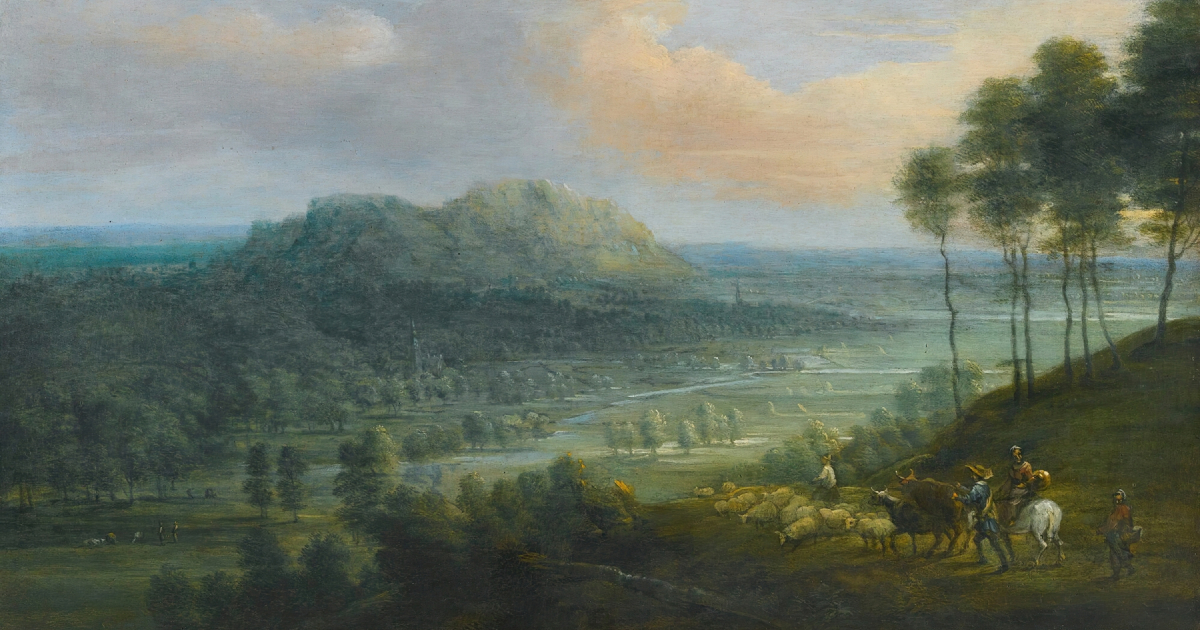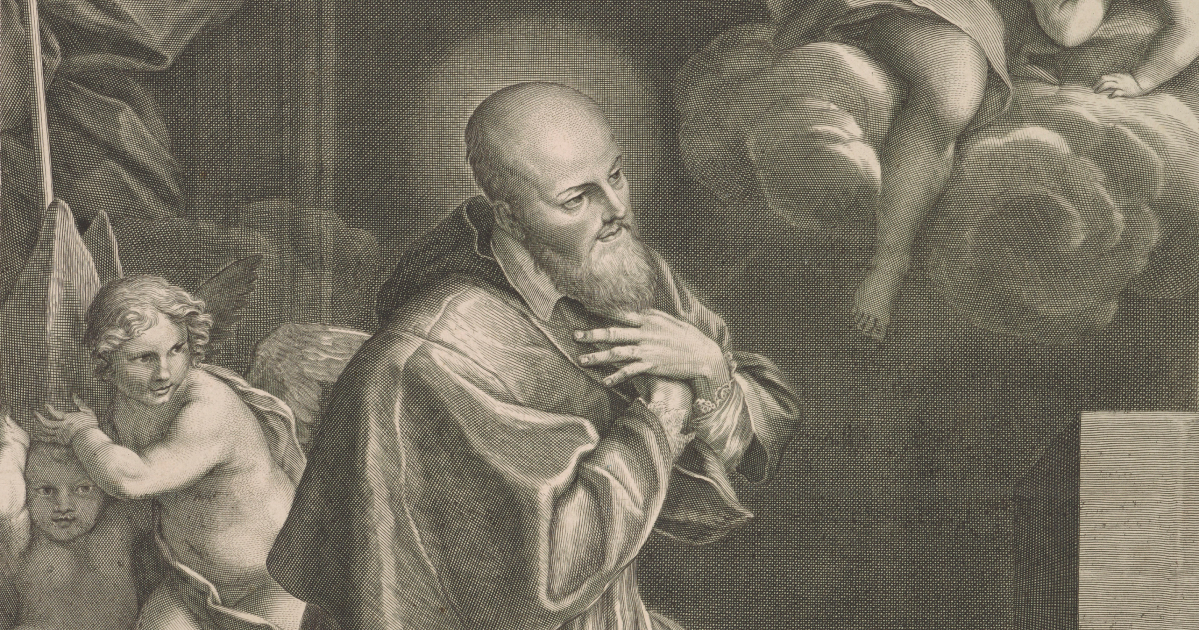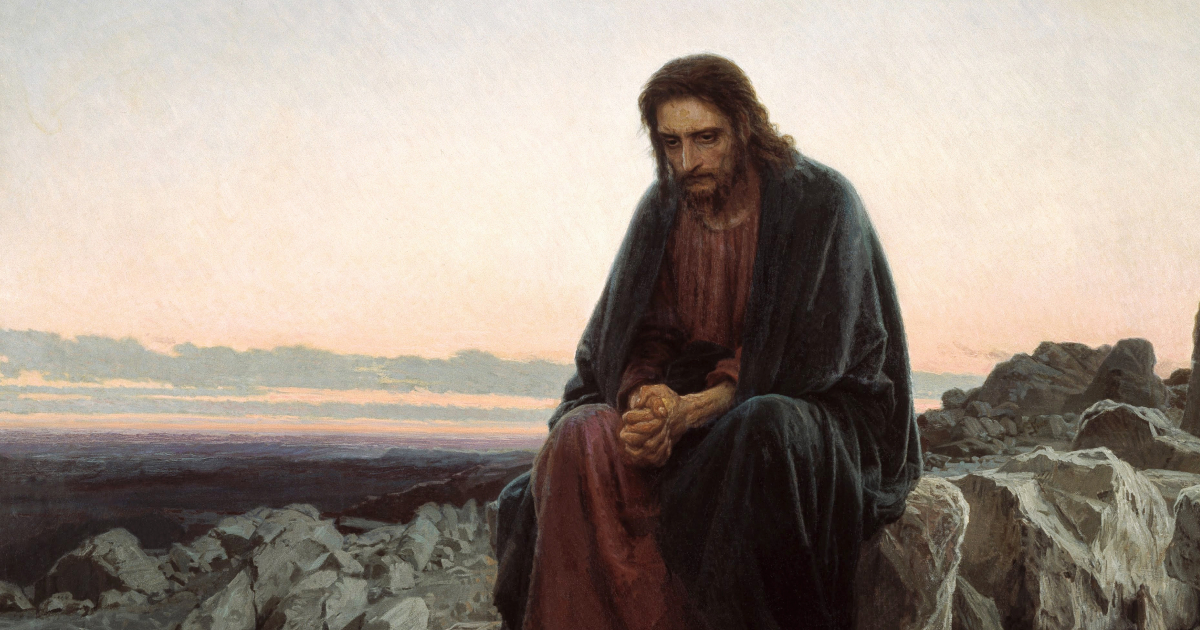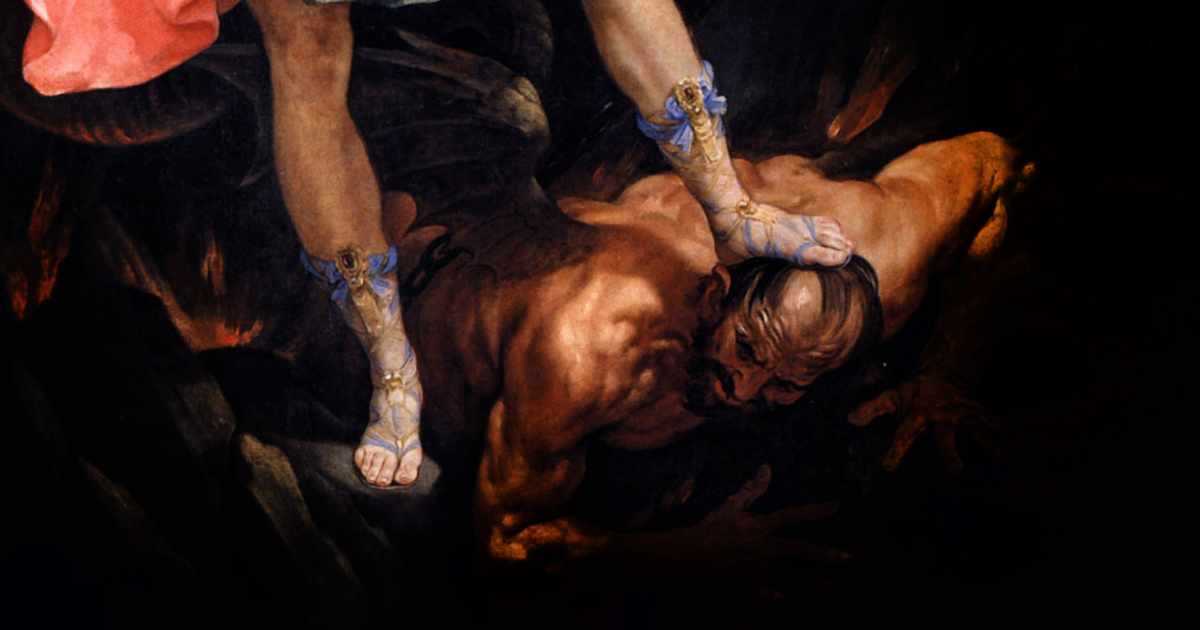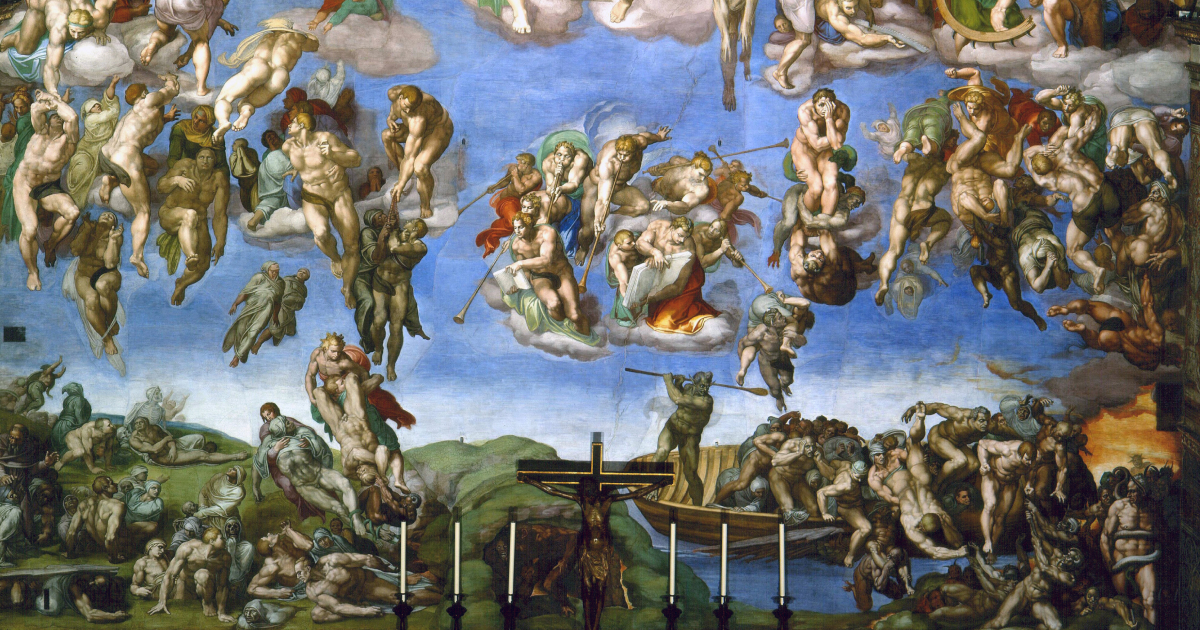This summer marks one year on from the UK General Election which brought the Labour government to power. The day of the result (5 July 2024) was, coincidentally, my last day at work in politics and public affairs, having worked for a decade in those areas. Like the country, I sensed it was time for a change. But my change was not to be found elsewhere in any area of secular life.
I can’t remember the first time I thought about priesthood as a possible vocation. University friends say I spoke about it during my student days. My mother remembers there being signs much earlier than that. What I do recall is having a strong sense that what you did with your life mattered and that it should ideally be of service to others.
Like many Catholics, that sense of service took me into politics where I worked for a number of people and organisations, most recently as deputy director of the Catholic Union of Great Britain. During my time in Westminster, I got to meet and work with many wonderful people and managed to win some battles along the way.
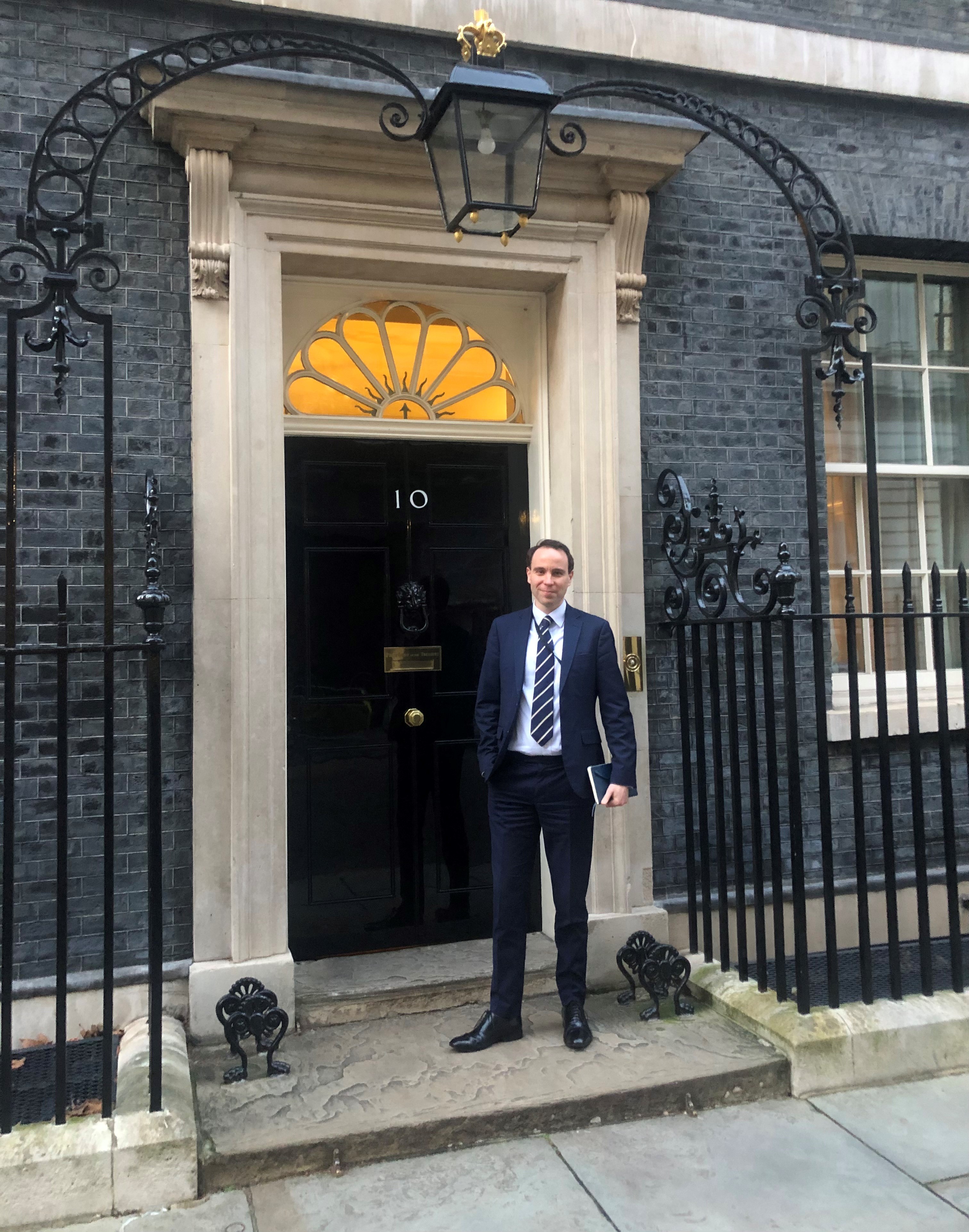
But while in many ways I was doing what I loved, there was a growing restlessness and nagging sense that I should be doing something different with my life.
As a seminarian, you often get asked if there was a particular moment when you felt The Call. Everyone’s experience is different, but I sometimes feared that people who asked me were left a little underwhelmed as my vocation story is rather boring. There was no Damascene conversion or flash of light, just a gradual and growing sense that God was asking me to give seminary a go.
The Covid pandemic was perhaps the moment when I began to think seriously about it. As we came out of lockdown and picked up the pieces of pre-pandemic life, this sense of needing to make a change came back strongly. I ran out of excuses for not doing anything about it and eventually made contact with the vocations director of my diocese.
This past year I have been at the Royal English College in Valladolid. Founded in 1589 during the height of the Reformation, it was originally used to train priests for the “mission” back home. Today, it is used for the propaedeutic year of study that all seminarians must undertake. And almost all first year seminarians in England and Wales now pass through Valladolid, along with people from other English-speaking countries.
I still find myself trying to explain what the propaedeutic year is. I have heard it described as a “foundation year” or “year zero” in priestly formation, and as a “year-long meditation on the Word of God”. Whatever else it may be, I have ended this first year of formation with a better sense of perspective, a stronger prayer life and friendships with others who are discerning God’s will for their lives.
I have surprised myself at how easy it has been to switch off from the political world. Like a lot of people in politics, I had an unhealthy relationship with Twitter and a constant need to keep up with the latest “news” from Westminster. Indeed: “Noise kills God,” as Cardinal Sarah reflected, and my life was quite noisy before I entered seminary. Stepping away from things has provided some important time for reflection and I now wonder what took me so long to take the plunge.
Growing up, even as a cradle Catholic and altar server, I never had the sense that the priesthood was promoted or even spoken about as a possible vocation. A hopeful Franciscan friar would occasionally ask if I would come and join them when I was older, but he was the only one. Things are changing now as dioceses are faced with ageing clergy and the realisation that we cannot rely on priests from abroad. Encouragingly, vocations to the priesthood do appear to be on the rise.
We need people of faith in politics of course. Recent votes on assisted suicide and abortion have proved that. But at the heart of these issues are deeper questions about the human person and our nature and purpose in life. In this regard, much of the heavy lifting is required in wider society and in the lives of individuals.
There are signs that there is fertile ground for workers who are willing to enter the vineyard. Over the past two years, my diocese of Southwark has welcomed almost 1,000 people into the Church through the RCIA programme. There is standing room only at most Sunday Masses at my home parish in Canterbury, and I have lost track of the number of friends who are now going to church at least semi-regularly.
This is all anecdotal, but increasingly pollsters are finding people turning back to God. A Bible Society study carried out earlier this year found that church attendance had risen by 50 per cent over the last six years, with the biggest rise amongst people aged 18-24. This is also reflected in online content with increasing numbers of videos exploring the Christian foundation of our society and the meaning of life, not to mention the interest such videos are gaining.
These green shoots are not being seen everywhere, and the challenges for the Church in the short to medium term will remain. But there are reasons to be optimistic, and it feels like a golden moment to be talking about and promoting vocations to the priesthood and religious life once again.
A year on from the General Election, the opinion polls suggest that the country is once again wanting change. Perhaps the restlessness in our national life is a reflection of the restlessness that so many people seem to feel about life in general.
It appears that the easy answers offered by the world simply do not cut it. We might all benefit from thinking more seriously about the question of vocation, wherever that may lead.
Photo: A seminarian from the Saint Martin community in a chapel at the Abbey of Evron, France, 22 June 2017. (Photo credit should read DAMIEN MEYER/AFP via Getty Images.)
James Somerville-Meikle is a seminarian for the Archdiocese of Southwark. He continues his priestly formation, which includes spending time at the Venerable English College in Rome this September.





.jpg)



